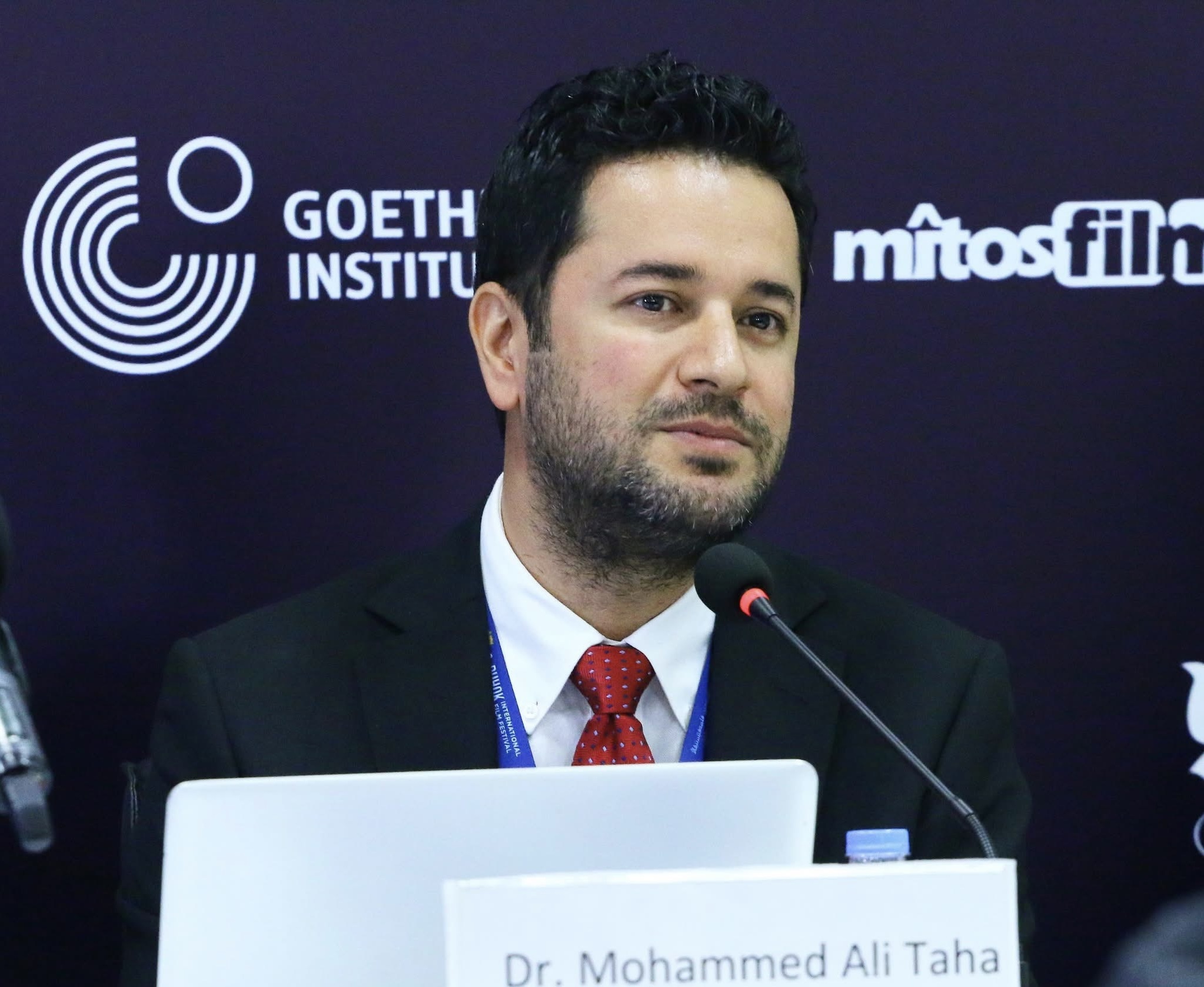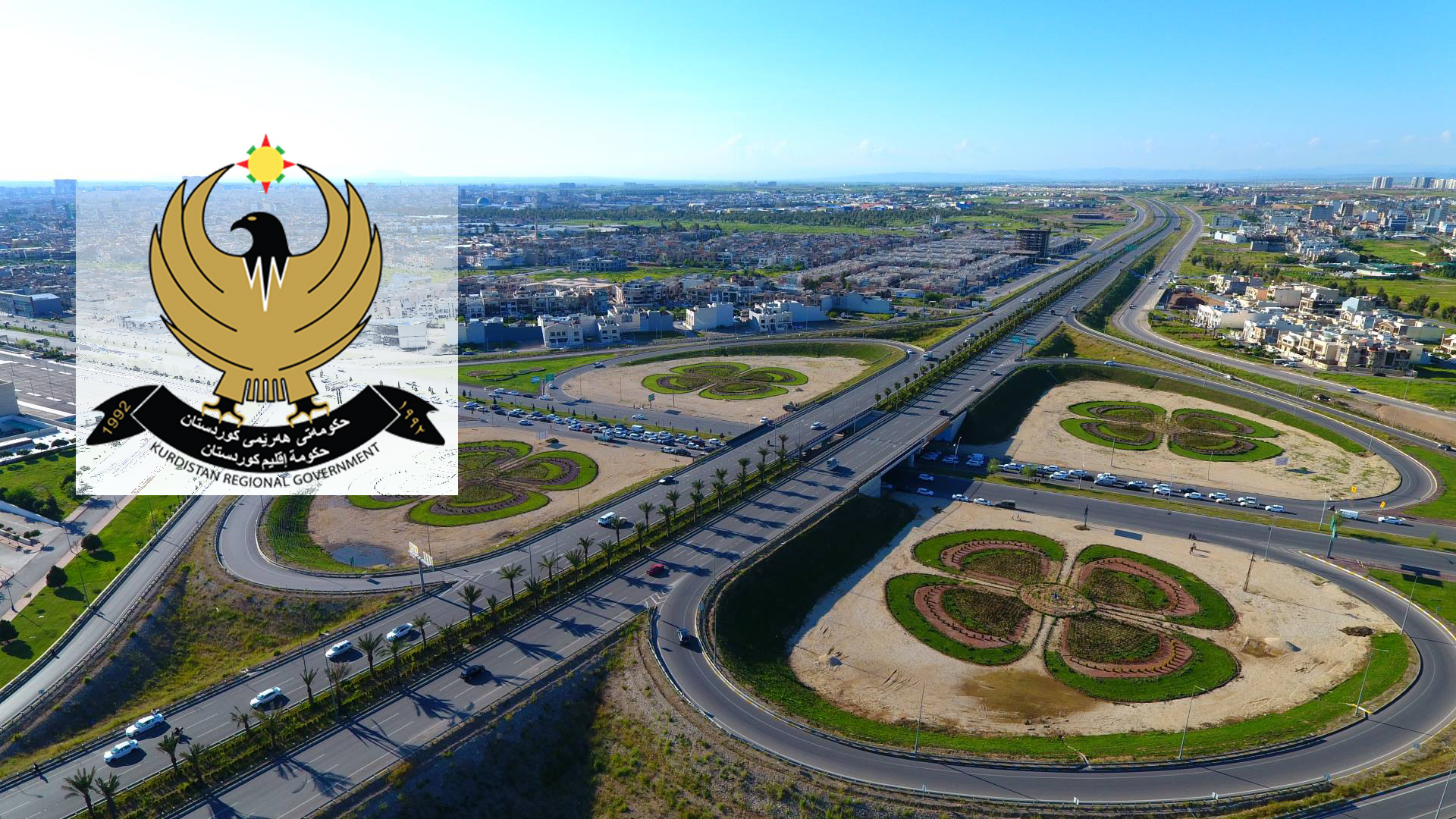
Dr. Mohammedali Yaseen Taha
Writer
Roads of Progress: Lessons in Governance from the Kurdistan Region
From 24-Hour Electricity to Greener Cities, Kurdistan’s Progress Highlights Baghdad’s Failures in Governance

By Dr. Mohammedali Yaseen Taha
The Veins
Roads are often known as the veins of a country, carrying the lifeblood of connection, trade, and opportunity. In the Kurdistan Region of Iraq (KRI), these veins are growing stronger and more extensive every year.
Modern highways and bridges now link many towns and villages that only a few years ago were isolated. This is an opportunity for opening new economic and social pathways that were unimaginable a decade ago.
Who would go against such a development in their own country? Well, it seems that this infrastructure improvement has disclosed a series of political and financial pressure from Baghdad.
However, it is known to many Iraqis that this pressure reaffirms the deeper failures of governance across Iraq.
Besieged by Pressure
The current Kurdistan Regional Government (KRG) leadership has made building infrastructure a key driver of economic and social growth. Roads are not the only visible achievement, but they are only part of a wider transformation. 24-hour electricity, clean water, and green projects have moved forward faster than anywhere else in the country.
For example, the Runaki Project; by now, more than four million people in the Kurdistan Region enjoy 24-hour electricity, and by the end of this year, every household in Kurdistan will enjoy this service.
This is not only an unprecedented service in Iraq, but it seems like a dream for many Iraqis. Until now, many provinces in the southern and central parts of Iraq endure continuous blackouts, but homes and businesses in KRI enjoy 24h service.
Greener Tomorrow
Kurdistan is also becoming greener than ever before. Large-scale tree planting projects are underway to enlarge the region’s green areas in the coming years. These parks and forests improve air quality, support climate protection, and enhance the quality of life in cities.
Alongside this, major water treatment and supply projects, together with the 24-hour electricity program that has eliminated polluting private generators, are all contributing to a cleaner environment and a greener future.
The visual contrast between Kurdistan’s greener cities and the dust-covered landscapes of other Iraqi provinces speaks loudly.
Baghdad’s Tactics
These achievements are even more striking given the obstacles placed by the federal government. Baghdad has repeatedly delayed or withheld the Kurdistan Region’s constitutionally mandated share of the national budget.
Salaries for public employees are usually late, and talks on oil revenues and incomes are routinely used as political leverage.
The more Baghdad attempts to restrict the Kurdistan Region, the more visible the region’s relative success becomes. Lightened towns and villages, functioning water systems, and huge green spaces all serve quietly but powerfully of what Iraq as a whole could not achieve.
A Call for Fairness
Infrastructure is more than concrete and asphalt; it reflects a government’s priorities. By investing in projects that touch daily life, the KRG has demonstrated that governance can deliver tangible results.
The federal government’s continued budget disputes should not obscure this fact. Instead, they highlight the urgency of fair treatment: when a region can achieve so much despite financial blockades, imagine what could be accomplished if constitutional rights were fully respected.
As new roads wind across the mountains and valleys of Kurdistan, they carry more than cars and trucks. They carry a message: progress is possible, and it cannot be hidden by political games.
The veins of the country are open and flowing in the north, a living example of the prosperity that fair governance could bring to all of Iraq.
The views expressed in this article are those of the author and do not necessarily reflect the editorial stance of Kurdistan24 English.